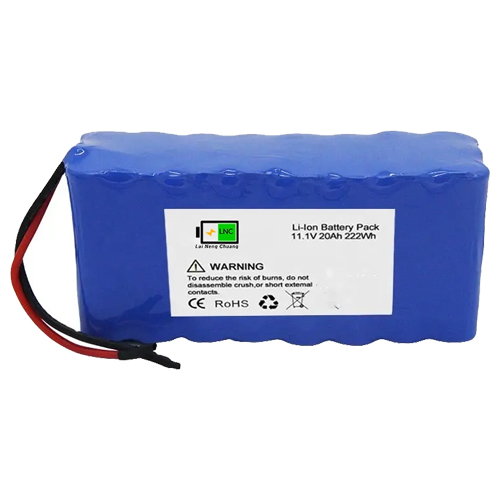In today’s rapidly evolving technological landscape, one area that continues to garner significant attention is lithium-ion battery technology. These powerful energy storage devices have revolutionized numerous industries, from consumer electronics to electric vehicles and renewable energy systems. As the demand for sustainable energy solutions grows, so too does the need for more efficient and reliable battery technologies. This article explores the latest advancements in lithium-ion batteries, highlighting their potential to power the future.
Understanding Lithium-Ion Batteries
Lithium-ion batteries are rechargeable energy storage devices that utilize lithium ions to generate electrical energy. These batteries consist of one or more cells, each containing positive and negative electrodes separated by an electrolyte. When the battery is charged, lithium ions move from the positive electrode (cathode) to the negative electrode (anode), where they are stored. During discharge, the ions flow back to the cathode, generating electrical current.
The Evolution of Battery Chemistry
LSI Keywords: Lithium-Ion Battery Chemistry, Battery Composition Evolution
Over the years, significant research efforts have focused on enhancing the performance and safety of lithium-ion batteries. Innovations in battery chemistry have led to the development of new materials and electrode designs, improving energy density, cycle life, and charging capabilities. From the early graphite anodes to the latest silicon-based alternatives, each iteration brings us closer to achieving the ideal balance of energy storage and longevity.
Advancements in Electrode Design
LSI Keywords: Electrode Engineering, Enhanced Battery Performance
Recent advancements in electrode design have unlocked new possibilities for lithium-ion batteries. Engineers are exploring nanostructured materials and coatings to optimize surface area and ion transport within the electrodes. By enhancing the electrode-electrolyte interface, these innovations reduce internal resistance and improve overall battery performance, enabling faster charging, higher energy density, and prolonged cycle life.
Innovations in Energy Storage Systems
LSI Keywords: Energy Storage Solutions, Sustainable Power Grids
Beyond consumer electronics and electric vehicles, lithium-ion batteries play a crucial role in large-scale energy storage systems. From grid stabilization to renewable energy integration, these systems enable more efficient utilization of solar and wind power. Advanced battery management systems and predictive analytics optimize energy flow and storage, helping to balance supply and demand on the grid while reducing reliance on fossil fuels.
Overcoming Challenges in Battery Technology
While lithium-ion batteries offer numerous benefits, they also present challenges related to safety and performance. Issues such as thermal runaway and capacity degradation have prompted researchers to develop innovative solutions, including advanced thermal management systems and solid-state electrolytes. By addressing these challenges, scientists aim to enhance the safety, reliability, and sustainability of lithium-ion battery technology.
Powering the Future: Advancements in Lithium-Ion Battery Technology
As we look to the future, lithium-ion battery technology holds immense promise for powering our increasingly electrified world. Continued research and innovation will drive further improvements in energy density, charging speed, and lifespan, making electric vehicles more accessible and renewable energy more reliable. With ongoing advancements, lithium-ion batteries are poised to play a central role in shaping a cleaner, more sustainable energy future.
Conclusion
The advancements in lithium-ion battery technology are driving innovation across various industries, from transportation to renewable energy. With ongoing research and development efforts, these batteries are becoming more efficient, reliable, and sustainable, paving the way for a cleaner and brighter future. As we harness the power of lithium-ion batteries to address global energy challenges, the possibilities for innovation and progress are limitless.


